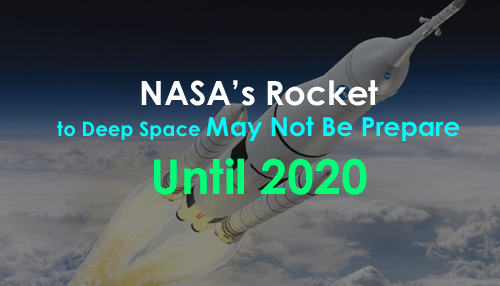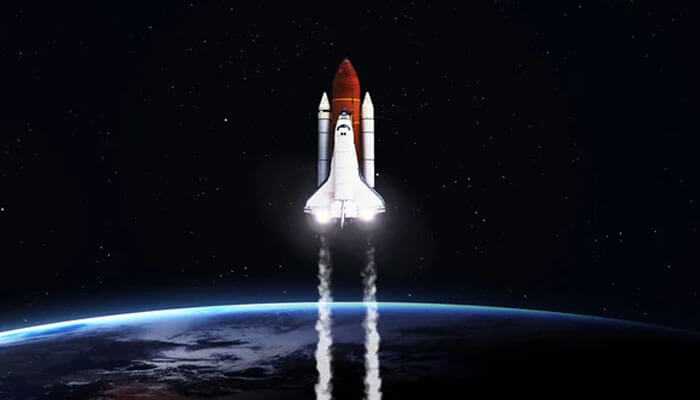NASA’s new heavy-lift rocket won’t get off the ground until December 2019 at the earliest, and its first flight could without much of a stretch slip to the middle of 2020, the space agency informed us on Wednesday. NASA’s Rocket, known as the Space Launch System, will succeed the Saturn 5 that took cosmonauts to the moon over four decades ago. As per NASA’s plan, they intend to utilize the vehicle to take space travelers not exclusively to the moon—one of the purposes of the Trump administration—but someday to Mars.
This year, NASA recognized it would not have the capacity to influence the previously declared launch date of November 2018 for the maiden flight, which won’t carry any cosmonauts.
The finished review shows a dispatch date of June 2020; however, NASA said it may be conceivable to raise the launch date by a half year.
“The earlier launch date produces challenges for the teams to stay focused on tasks without creating undue pressure.” William H. Gerstenmaier, NASA’s associate administrator for human exploration and operations, said at a hearing of the House space subcommittee on Thursday. “Besides, NASA is finding a way to decrease plan dangers for both known and unknown issues and ensure the earliest possible launch date.”.
At the demand of the Trump administration, NASA summarized the likelihood of putting cosmonauts on board the rocket’s initial flight. In that case, that would have additionally pushed back the launch date and contributed as much as $900 million to the program’s price tag. NASA and the administration chose to stay with the original program.
A crewless flight also allows for more intensive testing, pushing closer to the limits of the Orion capsule’s capabilities and the separate spacecraft carried by the rocket where cosmonauts will be seated.
Mr. Gerstenmaier told Congress that the extra postponement for the main flight adds under 15 percent to the cost of the rocket and a few more than that for the ground systems.
The delays have been caused in part by technological hiccups and, in addition, by factors out of NASA’s control, similar to a tornado striking the Michoud Assembly Facility in Louisiana, where parts of the rocket are being manufactured, in February.
Further, he said that NASA is still working on the plan for the first flight with cosmonauts in 2023. In the early 2020s, the rocket could be utilized to propel a robotic probe to Jupiter to study Europa, a moon with a huge sea under its icy crust that is believed to be one of the most promising places in the solar system to look for vitality.
The agency would soon provide the framework regarding NASA’s plan beyond 2023, said Mr. Gerstenmaier.
A report this week from the NASA inspector highlighted the problems encountered by the program, including very tight budget reserves.
Also, NASA has been working without a permanent leader since Charles F. Bolden Jr. stepped down as an executive on President Trump’s Inauguration Day. The 293 days that have gone since are the longest that NASA has been without a permanent administrator.
On Wednesday, the designation of Jim Bridenstine, an Oklahoma congressman, to be the following overseer barely won the endorsement of a key Senate board, with every one of the 14 Republicans on the trade, science, and transportation council voting in support and each of the 13 Democrats disagreeing. Bill Nelson, a Democratic representative from Florida, said Mr. Bridenstine did not have the experience required for running an expansive organization like NASA. He additionally scrutinized Mr. Bridenstine for past proclamations addressing environmental change. The full Senate still needs to vote on the assignment.
On Wednesday, the designation of Jim Bridenstine, an Oklahoma congressman, to be the upcoming administrator barely won the approval of a key Senate board, voted in favor of by all 14 Republicans on commerce, science, and transportation and opposed by all 13 Democrats. It is said by Bill Nelson, a Democratic senator from Florida, that Mr. Bridenstine lacked the experience that is required to run a large agency like NASA.
It is advised by some space experts that NASA should abandon the Space Launch System and turn towards alternatives, such as those developed by commercial companies like SpaceX and Blue Origin, which would be cheaper.



